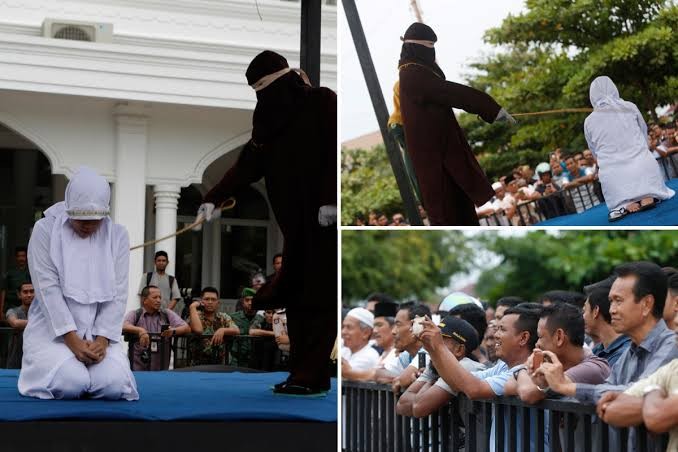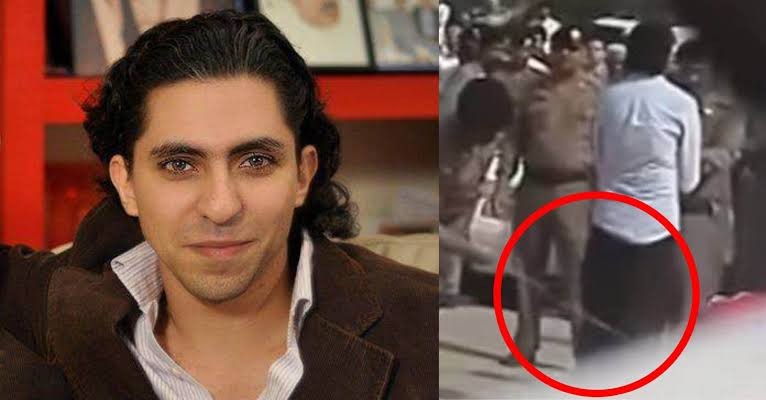Saudi Arabia Abolishes Court-Ordered Floggings

Saudi Arabia has in its “human rights advancement” abolished court-ordered flogging as a punishment for offences.
Supreme Court in Saudi Arabia said this is an extension of human rights reforms brought by King Salman and his son, the country’s de facto ruler Crown Prince Mohammed bin Salman.
These court-ordered floggings in Saudi Arabia — sometimes extending to hundreds of lashes — have long drawn condemnation from human rights groups.
The Saudi court added that the reform was intended to “bring the kingdom into line with international human rights norms against corporal punishment”.
Previously, the courts could order the flogging of convicts found guilty of offences ranging from extramarital sex and breach of the peace to murder.
Going forward, judges will have to choose between fines and/or jail sentences, or non-custodial alternatives like community service, the court said in a statement seen by AFP on Saturday.
Campaigners and activists has said Saudi Arabia has one of the worst records for human rights in the world, with freedom of expression severely curtailed and critics of the government subject to what they say is arbitrary arrest.
The most high-profile instance of flogging in recent years was the case of Saudi blogger Raif Badawi who was sentenced to 10 years in prison and 1,000 lashes in 2014 for “insulting Islam”.

He was awarded the European parliament’s Sakharov human rights prize the following year.
Other prominent persons who have experienced the severe punishment for crime in Saudi Arabia include leading activist Abullah al-Hamid who died on Friday from stroke after being sentenced to 11 years in imprisonment in 2013.

Hamid was a founding member of the Saudi Civil and Political Rights Association (ACPRA) convicted on multiple charges, including “breaking allegiance to the Saudi ruler, inciting disorder and seeking to disrupt state security”.
Criticism of Saudi Arabia’s human rights record have grown since King Salman named his son Prince Mohammed crown prince and heir to the throne in June 2017.
The ‘mysterious’ murder of vocal critic Jamal Khashoggi inside the Saudi consulate in Istanbul in October 2018 also sparked global controversy.

Waves of arrests of every type of dissident under the King and the Crown Prince – including of women’s rights campaigners continues regardless of numerous activism.
